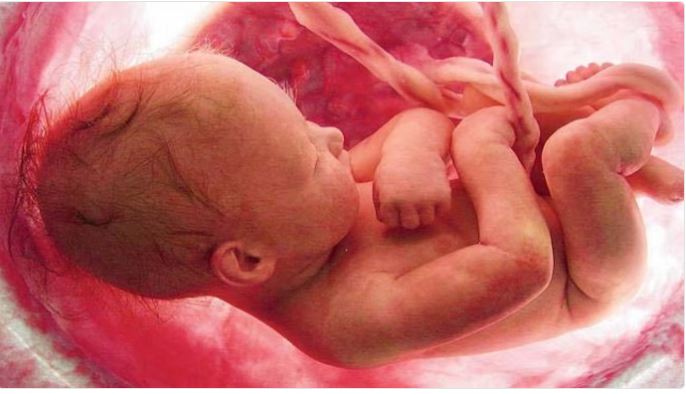Supreme Court Rejects Abortion Request at 26 Weeks, Citing No Fetal Abnormality
New Delhi: The Supreme Court has denied a married woman’s plea to terminate her pregnancy at 26 weeks. The court relied on a medical report from the All India Institute of Medical Sciences, stating that there is no fetal abnormality.
“Pregnancy is at 26 weeks and 5 days. Allowing the termination of pregnancy would violate Sections 3 and 5 of the Medical Termination of Pregnancy Act because there is no immediate danger to the mother, and this is not a case of fetal abnormality,” said Chief Justice of India DY Chandrachud.
“We cannot stop the heartbeat,” the Chief Justice emphasized.
According to the MTP Act, the upper limit for pregnancy termination is 24 weeks for married women, including rape survivors, and other vulnerable women such as those with disabilities and minors.
In a previous hearing, the petitioner had sought court permission to terminate the pregnancy. A mother of two, the woman claimed to be suffering from depression and was not emotionally or financially prepared to raise a third child.
On October 9, the court granted her permission to continue the pregnancy. Subsequently, the government requested a recall of the order, citing the advice of a panel of doctors at AIIMS Delhi against the abortion.
A two-judge bench led by Justice Hima Kohli and Justice BV Nagarathna had initially delivered a split verdict on the matter. Following this, a bench led by Chief Justice of India took up the case.
The Chief Justice questioned why the woman had not sought permission for an abortion earlier. “What was she doing for 26 weeks? She already has two children. Why come now? Do we issue an order for the child’s death through a judicial ruling?” Chief Justice Chandrachud had remarked.
The government’s lawyer argued that the petitioner cited a court ruling in a rape survivor’s plea for abortion permission. “She (petitioner) is not a rape survivor. She is not a minor. What was she doing for 26 weeks?”
The Chief Justice of India stressed that the baby was not represented in the matter. “We have to consider the rights of the unborn child,” he added.
The Supreme Court mentioned that one option is to allow the child to be born, and the government can then provide care. The court pointed out that a premature delivery at this stage could result in fetal deformities. “If the child is born with deformities now, no one will want to adopt,” the Chief Justice remarked.


